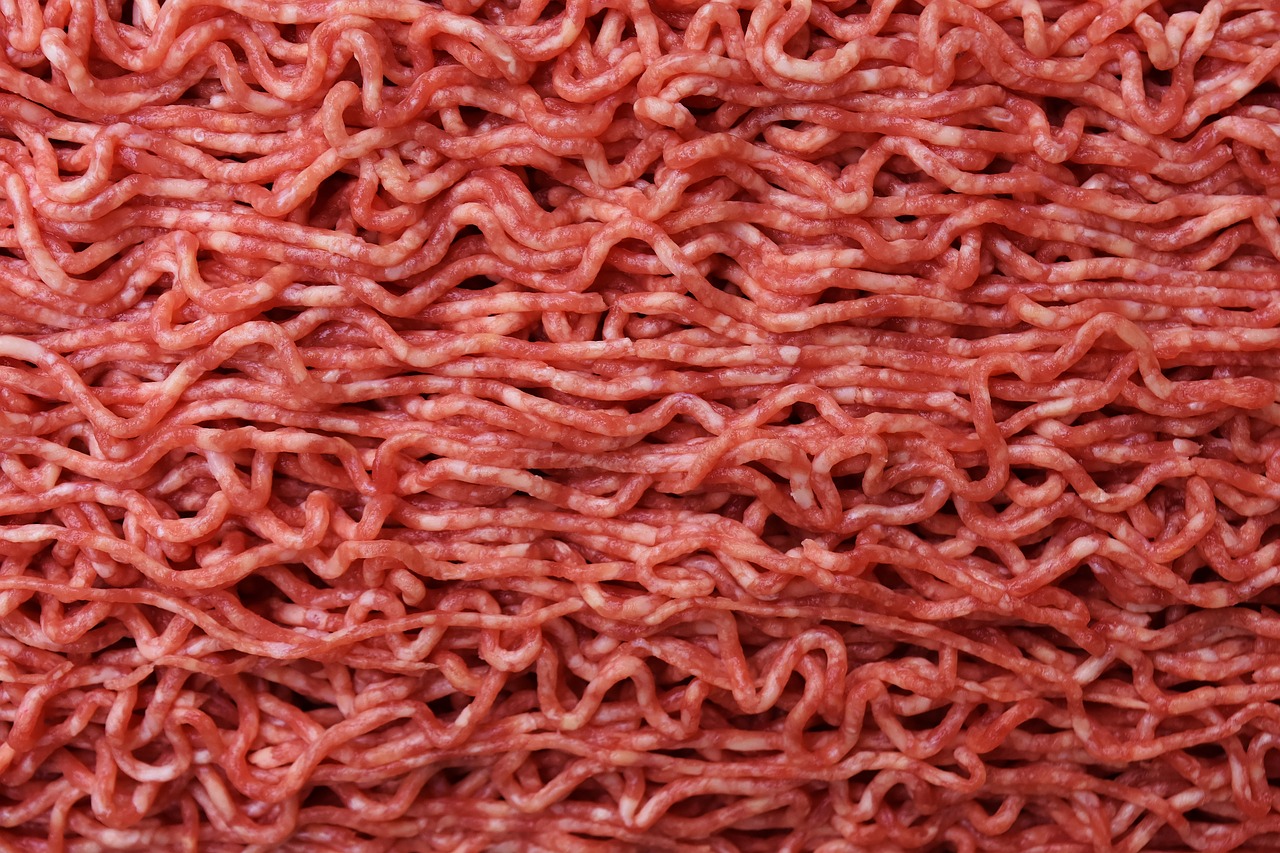Following several high-profile food recalls in the United States, The Food and Drug Administration (FDA) is ushering in what it calls a “New Era of Smarter Food Safety” that will rely on technology to track food and address potential food safety risks.
To kick off this plan, the agency is developing a “blueprint” that will help it meet food safety goals within the industry by addressing traceability, digital technologies and evolving food business models.
The announcement, which came in the form of a statement from FDA Acting Commissioner of Food and Drugs Ned Sharpless and Deputy Commissioner for Food Policy and Response Frank Yiannas on Wednesday, notes the blueprint is not a replacement for the Food Safety Modernization Act (FSMA).
“[The new era] to augment our efforts implementing important FSMA requirements while also leveraging, among other things, the use of new and emerging technologies. To kick off this new focus, we intend to develop a Blueprint for a New Era of Smarter Food Safety,” according to the joint statement.
Digital technologies, like blockchain, have the potential to play a crucial role in preventing foodborne illness by its ability to track the food supply chain and reduce the amount of time spent finding the source of contamination from days or weeks to minutes or even seconds.
“Access to information during an outbreak about the origin of contaminated food will help us conduct more timely root cause analysis and apply these learnings to prevent future incidents from happening in the first place,” stated Sharpless and Yiannas.
For the FDA this likely means a shift away from paper-based systems and towards digital platforms, which former FDA Commissioner Scott Gottlieb called for following the lethal E. Coli outbreak linked to romaine lettuce that was grown in Yuma, Arizona.
In November, Gottlieb released a statement endorsing the industry-wide adoption of technology to prevent future outbreaks.
“We strongly encourage the leafy greens industry to adopt traceability best practices and state-of-the-art technologies to help assure quick and easy access to key data elements from farm to fork. We also strongly encourage the leafy greens industry to explore modern approaches to standardized record keeping and the use of additional tools or labels on product packaging that could improve traceability,” he said.
Currently, the agency is also considering how changing food business models are impacting food safety, particularly when it comes to e-commerce and delivery programs.
“These evolving business models present food safety challenges as well as novel considerations around regulatory framework and oversight at the federal, state and local level,” according to the statement. “Our Blueprint will discuss areas for collaboration in this space as we work to identify the appropriate standard of care in this rapidly growing sector.”
Sharpless and Yiannas concluded the joint statement by emphasizing the goal of keeping the food consumed by Americans safe. “So, welcome to the new era of smarter food safety that is people-led, FSMA-based and technology-enabled!”
FDA will be holding a public meeting later this year to discuss smarter food safety, seek stakeholder input, and share ideas on the agency’s overall strategy and the specific initiatives.












Join or login to leave a comment
JOIN LOGIN